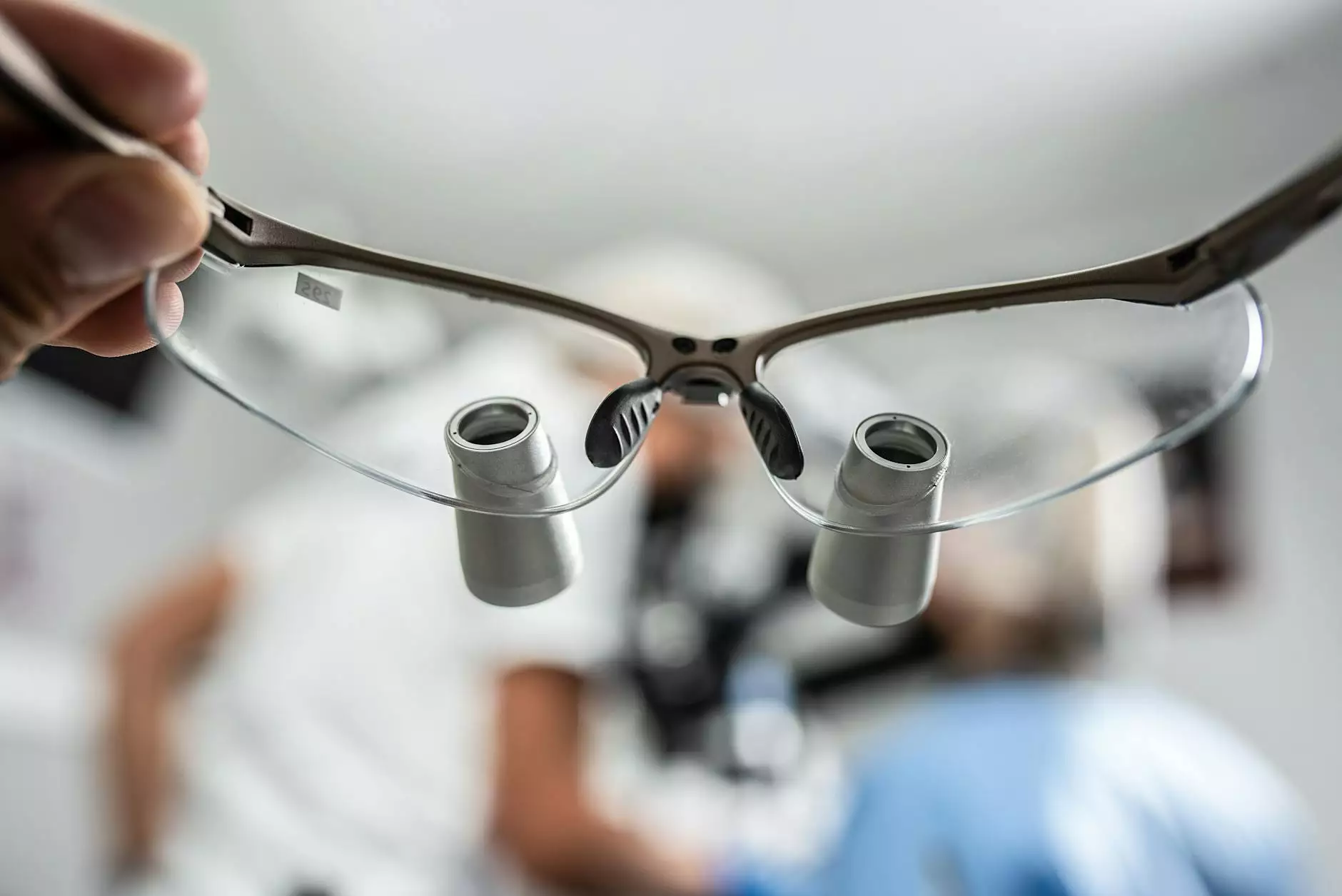Understanding Thoracic Pulmonary Surgery: A Comprehensive Overview

Thoracic pulmonary surgery stands as a critical field within the medical sector, focusing on the surgical treatment of diseases and conditions affecting the lungs and other structures within the thoracic cavity. At Neumark Surgery, we specialize in providing state-of-the-art thoracic surgical services with a commitment to patient care and recovery. This article delves deep into the various facets of thoracic pulmonary surgery, making it easier for individuals to understand its significance, techniques, and outcomes.
The Importance of Thoracic Pulmonary Surgery
Thoracic pulmonary surgery plays an essential role in treating a plethora of conditions ranging from chronic lung diseases to tumors. With advancements in medical technology and surgical techniques, surgeons today are able to perform intricate procedures that were once deemed highly invasive. Below are some key reasons highlighting the importance of this surgical specialty:
- Improved Patient Outcomes: Early intervention through surgery can significantly improve survival rates in patients with lung cancer or other severe pulmonary conditions.
- Minimally Invasive Techniques: With the advent of thoracoscopic surgery, many procedures can now be performed with minimal incisions, leading to shorter recovery times.
- Personalized Treatment Plans: Thoracic surgeons often work closely with pulmonologists and oncologists to tailor treatment methods to each patient’s unique condition.
Common Conditions Treated with Thoracic Pulmonary Surgery
Thoracic pulmonary surgery addresses a range of medical issues, including, but not limited to:
- Lung Cancer: Surgical options include lobectomy, pneumonectomy, and wedge resection, depending on the stage and location of the tumor.
- Chronic Obstructive Pulmonary Disease (COPD): In severe cases, surgical procedures like lung volume reduction surgery can offer significant relief.
- Pulmonary Emphysema: Surgical options can include bullectomy to remove large air spaces in the lungs.
- Thoracic Trauma: Surgical interventions are often necessary to repair damaged tissue, blood vessels, or airways due to physical injuries.
- Pleural Diseases: Procedures might include pleurodesis for managing pleural effusions and other conditions affecting the pleura surrounding the lungs.
Types of Procedures in Thoracic Pulmonary Surgery
Understanding the various surgical options available can help patients make informed decisions regarding their health:
1. Lobectomy
A lobectomy involves the removal of a lobe of the lung and is commonly performed for lung cancer. Depending on the cancer’s characteristics, this procedure can be lifesaving.
2. Pneumonectomy
This surgery entails the removal of an entire lung and is typically indicated for more advanced cases of lung disease or extensive lung cancer.
3. Wedge Resection
A wedge resection consists of removing a walnut-sized section of lung tissue. It's a less invasive option, often used for small tumors.
4. Video-Assisted Thoracoscopic Surgery (VATS)
VATS is a minimally invasive technique that allows surgeons to perform complex procedures through small incisions, utilizing a video camera for a detailed view of the thoracic cavity.
5. Robotic-Assisted Surgery
This innovative surgical option employs robotic systems to enhance precision during lung surgery, promoting quicker recovery and less discomfort.
Benefits of Thoracic Pulmonary Surgery
The benefits of thoracic pulmonary surgery are numerous:
- Effective Treatment: Many patients experience significant improvement or resolution of symptoms post-surgery.
- Enhanced Quality of Life: Successfully addressing lung-related issues allows patients to regain their ability to perform daily activities without difficulty.
- Long-Term Survival: Early surgical intervention in cancer cases can drastically increase overall survival rates.
Risks and Considerations
As with any surgical procedure, thoracic pulmonary surgery carries certain risks. It is crucial for patients to fully understand these risks before proceeding with surgery. Some common risks include:
- Infection: Post-operative infections can occur, necessitating extra treatment and monitoring.
- Bleeding: Significant blood loss is a risk, requiring possible transfusions.
- Pneumothorax: The collapse of a lung can happen and may require further intervention.
- Respiratory Complications: Patients might experience trouble breathing or reduced lung function post-surgery.
The Recovery Process
The recovery phase following thoracic pulmonary surgery can vary depending on the type of procedure performed, the patient’s overall health, and the specific condition being treated. Below are essential tips and considerations for the recovery process:
1. Hospital Stay
Patients may need to stay in the hospital for several days to monitor their recovery. The medical team will assist in managing pain, ensuring proper lung function, and monitoring for any complications.
2. Pain Management
Managing post-operative pain is fundamental for recovery. Patients are often prescribed medications to help relieve discomfort.
3. Breathing Exercises
Engaging in breathing exercises is crucial. They help promote lung expansion, improve oxygenation, and prevent complications.
4. Gradual Return to Activities
Patients should gradually resume normal activities, following their surgeon's guidance to avoid excessive strain and ensure a smooth recovery.
Conclusion
Thoracic pulmonary surgery remains a vital component of modern medical care, providing hope and healing to patients affected by serious lung conditions. At Neumark Surgery, we pride ourselves on delivering the highest quality of surgical care with a patient-centered approach. If you have questions regarding thoracic pulmonary surgery or wish to explore your treatment options, please do not hesitate to reach out to our experienced medical staff.
As you consider the possibilities of thoracic surgery, remember that advancements in technology and surgical techniques have made these procedures safer and more effective than ever before. Your path to better lung health could very well begin with a conversation with us at Neumark Surgery.



